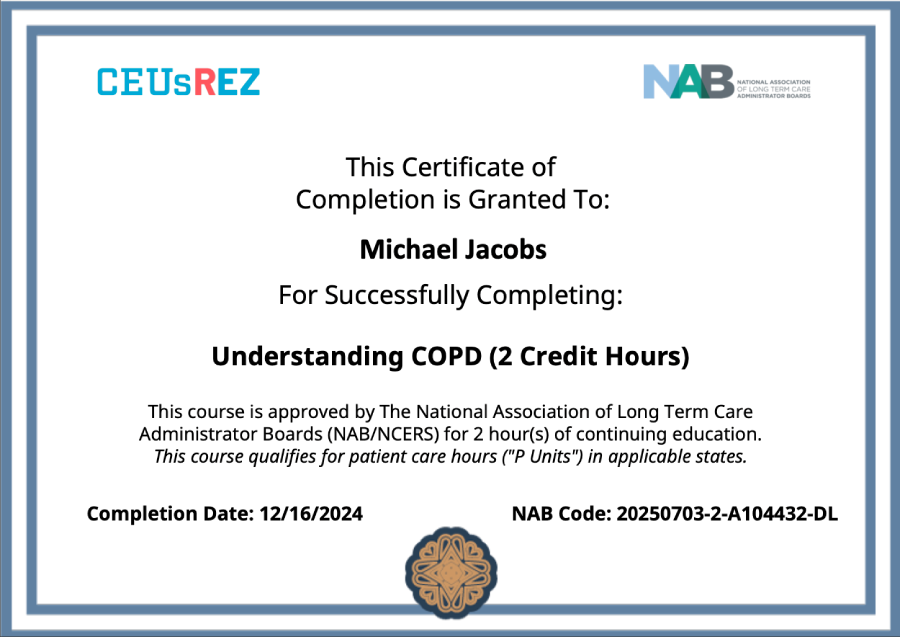The Institute of Medicine’s report in 1999 “To Err Is Human” brought to the forefront of public attention the millions of injuries and nearly 100,000 deaths attributed to medical errors annually. While medication errors can often be harmless, many errors have the potential to cause patient harm or worse lead to death. Research in non-medical domains have emphasized human factors and systems approaches to understanding and preventing errors and accidents. Using the models, system- focused, multi-disciplinary approaches have been useful for categorizing serious errors. Most errors occur during the ordering and the administration phases of the medication process. We can reduce medication error related patient harm and deaths by improving our understanding of medical errors and developing prevention strategies and prevention systems.
Medication Errors: Can Be Deadly (.75 Credit Hours)
Total Price$12.00
Description
The Institute of Medicine’s report in 1999 “To Err Is Human” brought to the forefront of public attention the millions of injuries and nearly 100,000 deaths attributed to medical errors annually. While medication errors can often be harmless, many errors have the potential to cause patient harm or worse lead to death. Research in non-medical domains have emphasized human factors and systems approaches to understanding and preventing errors and accidents. Using the models, system- focused, multi-disciplinary approaches have been useful for categorizing serious errors. Most errors occur during the ordering and the administration phases of the medication process. We can reduce medication error related patient harm and deaths by improving our understanding of medical errors and developing prevention strategies and prevention systems.
**The credits provided by this course qualify as patient care credits (“P Units”) in applicable states.**






